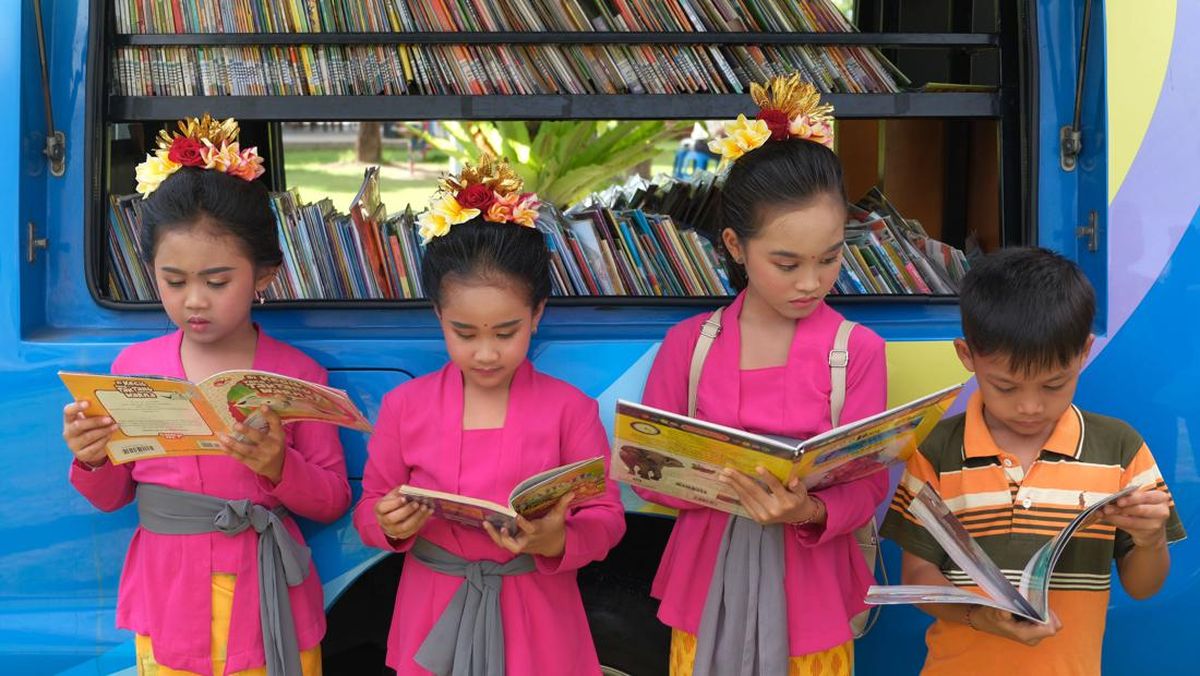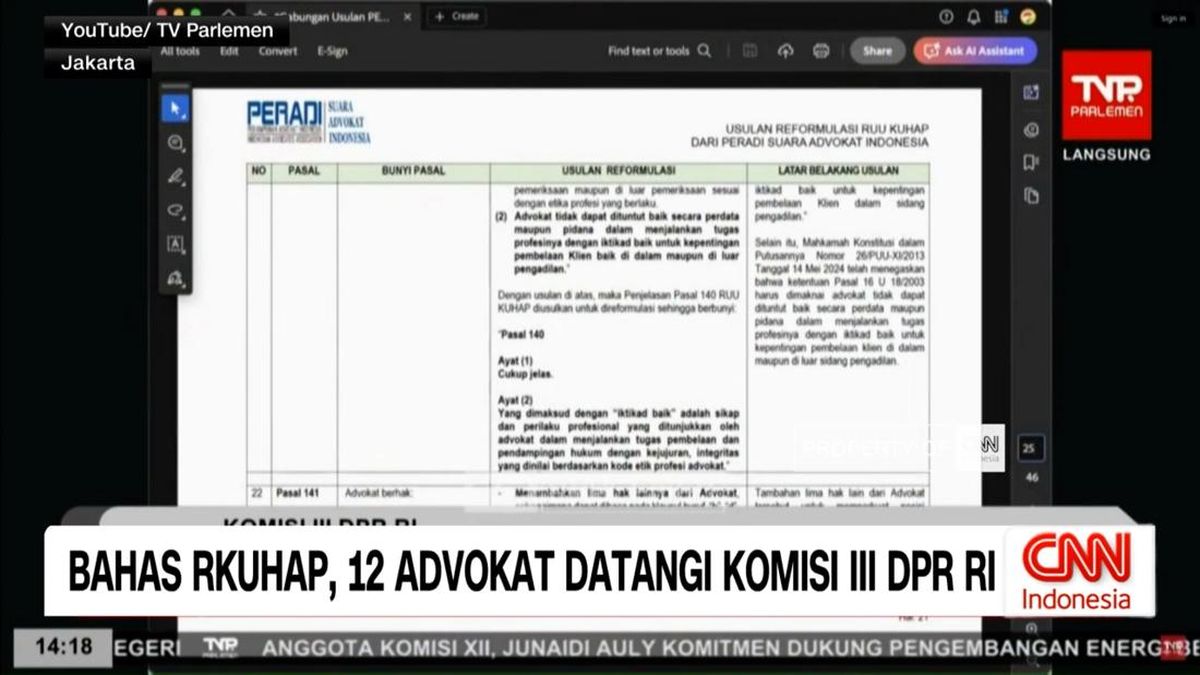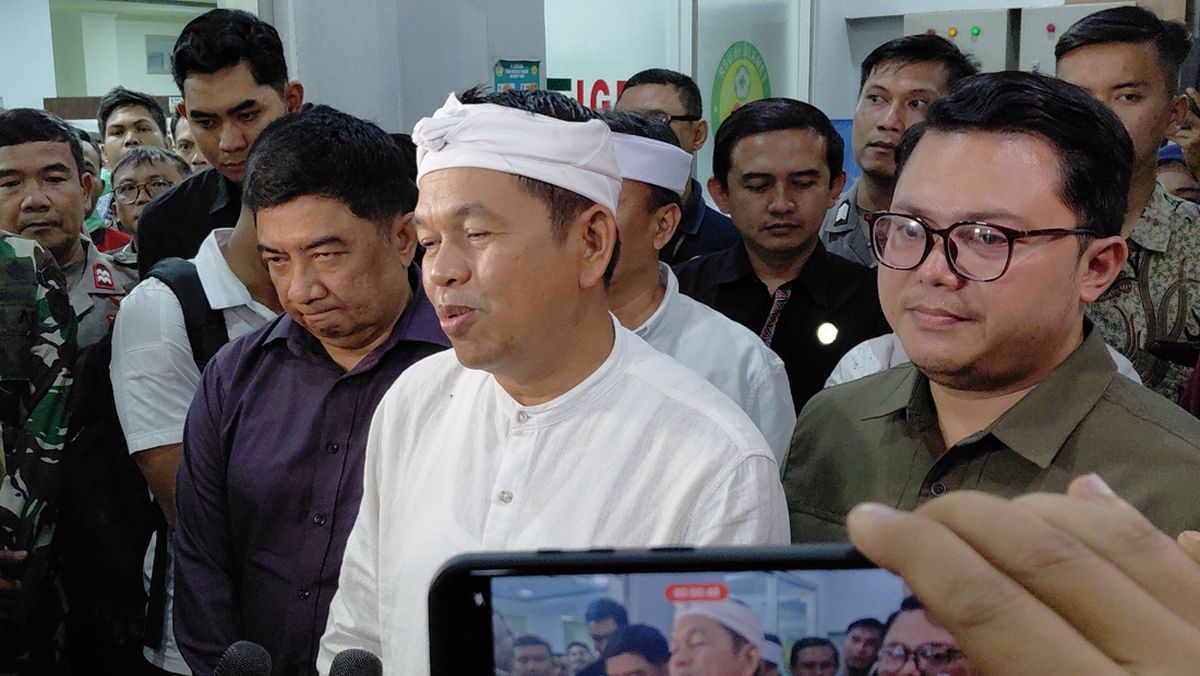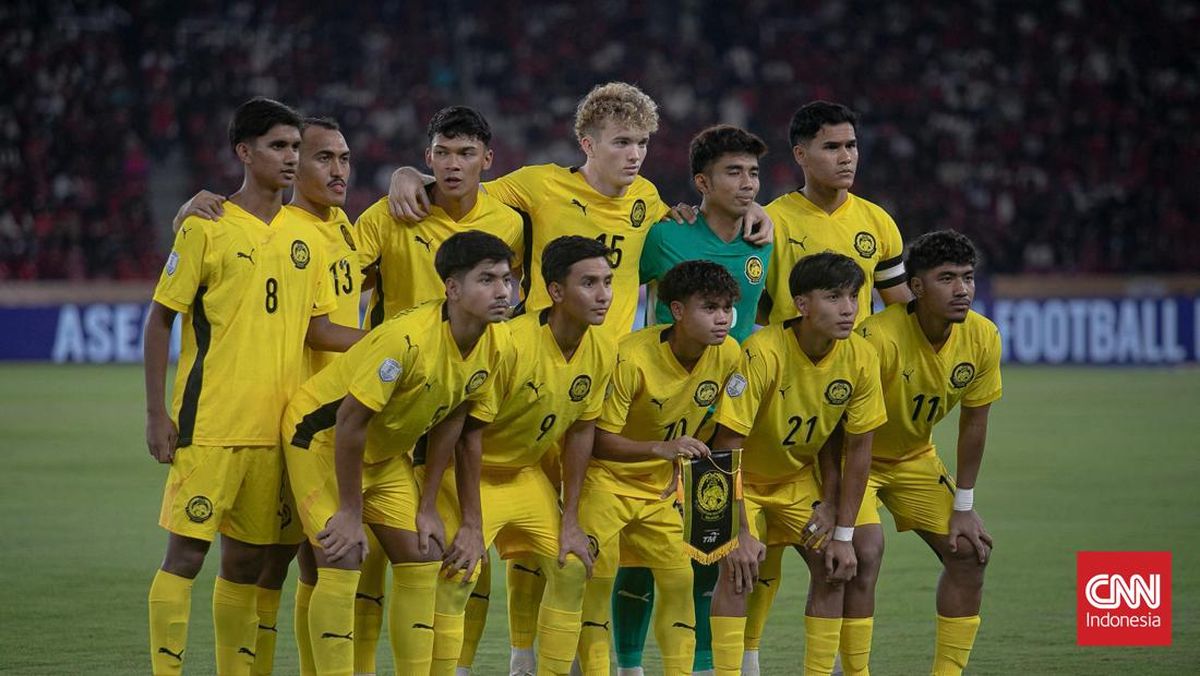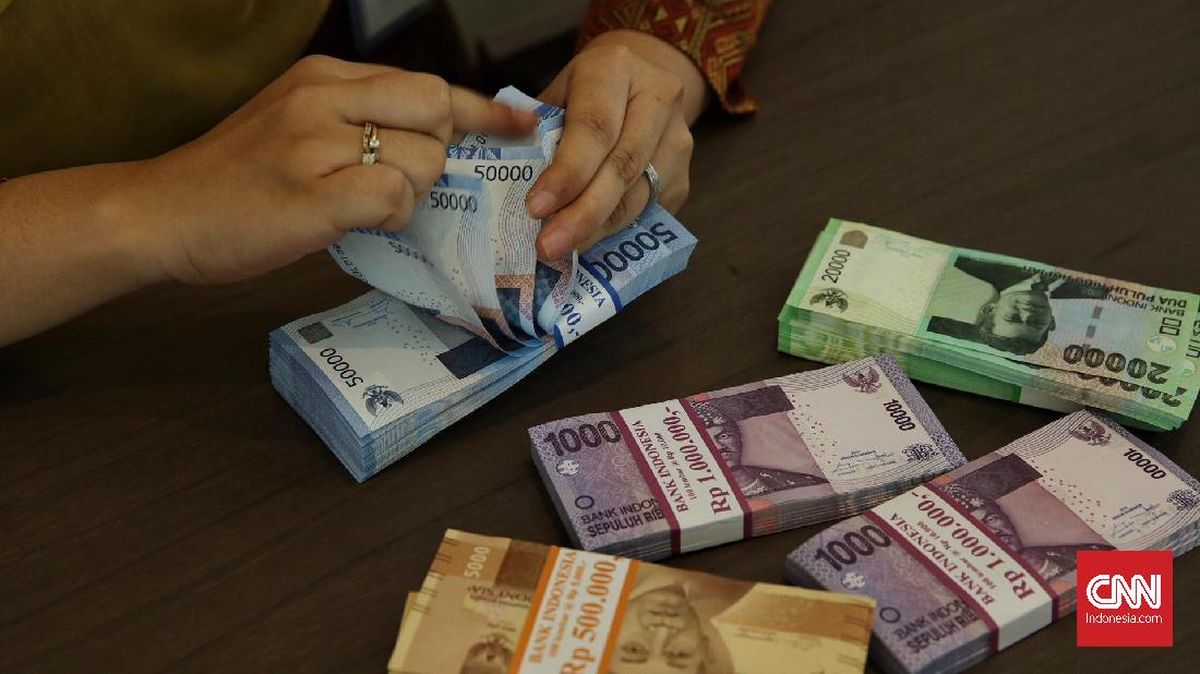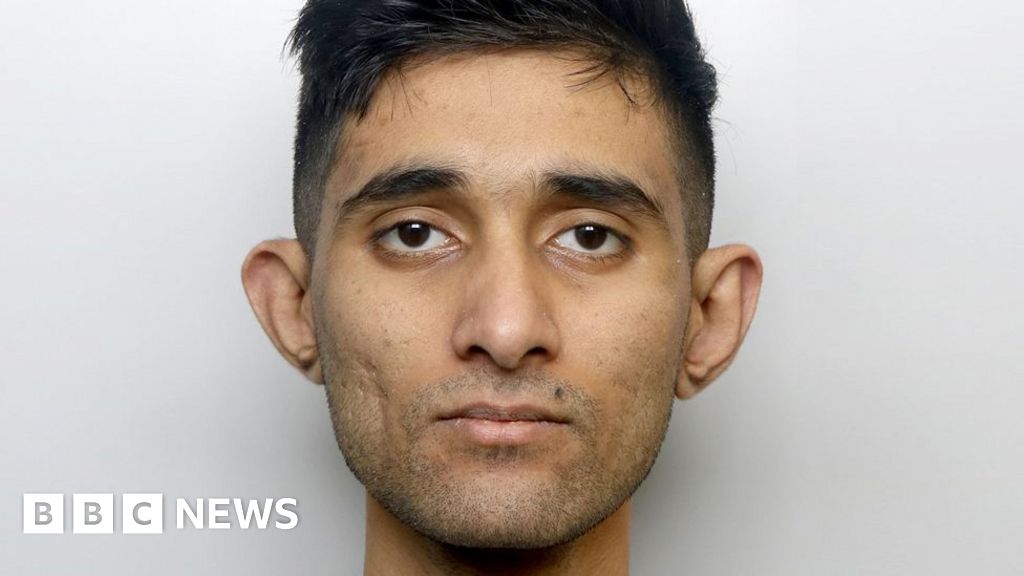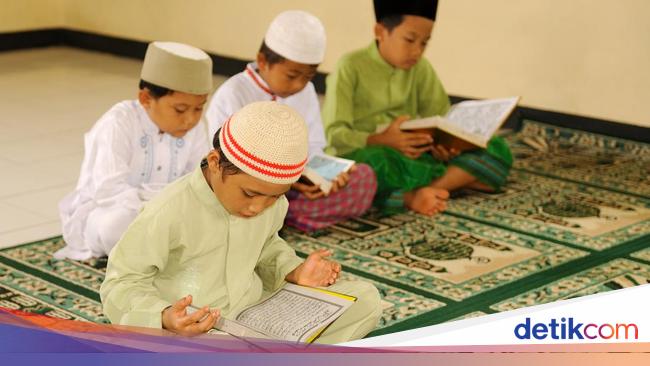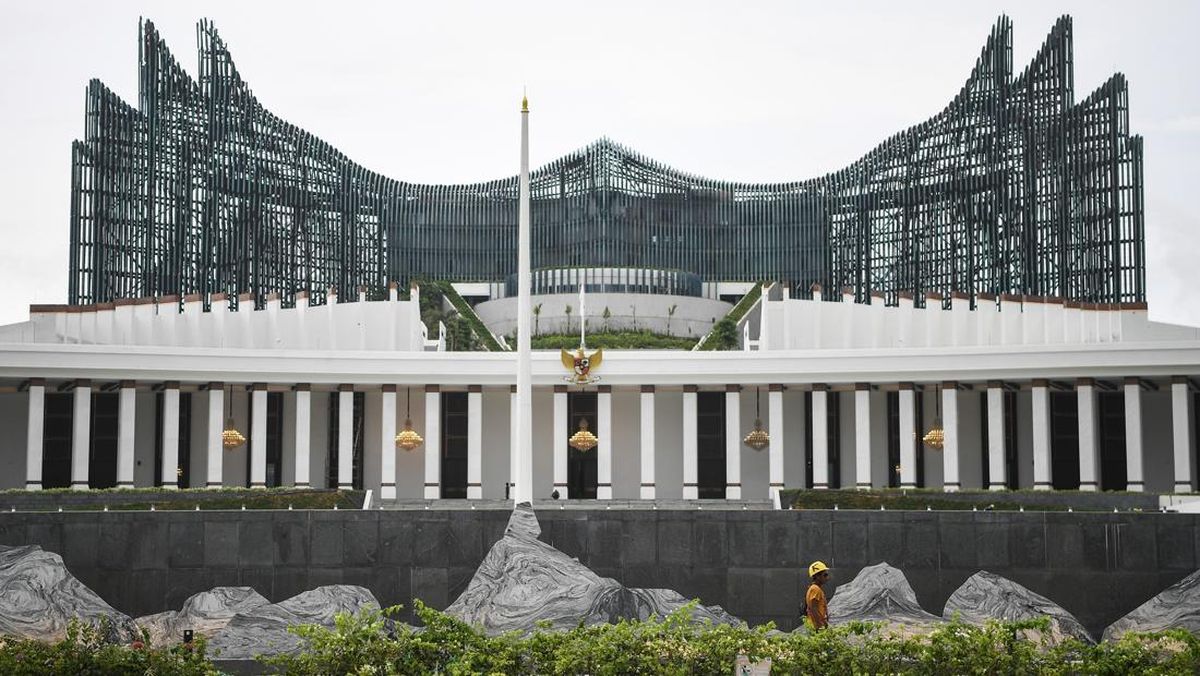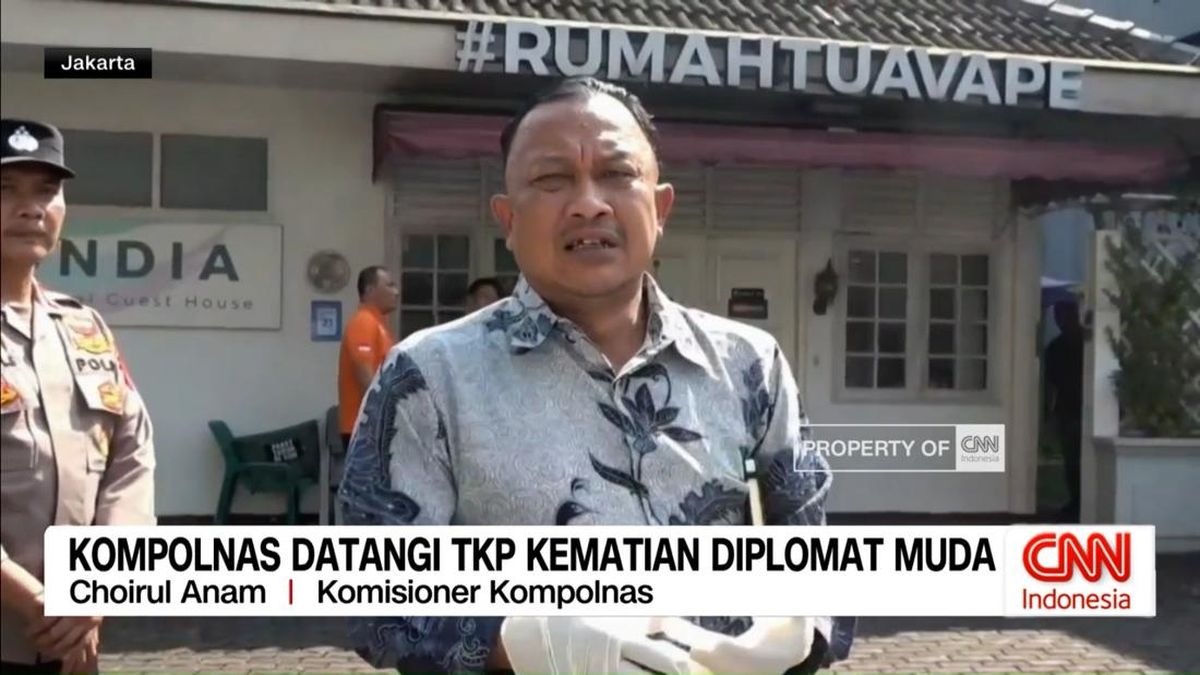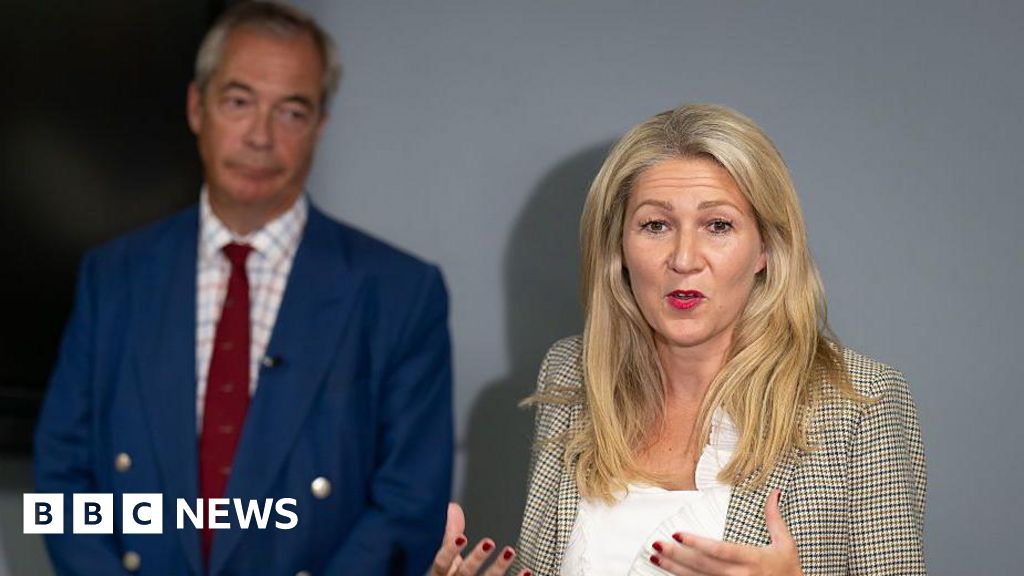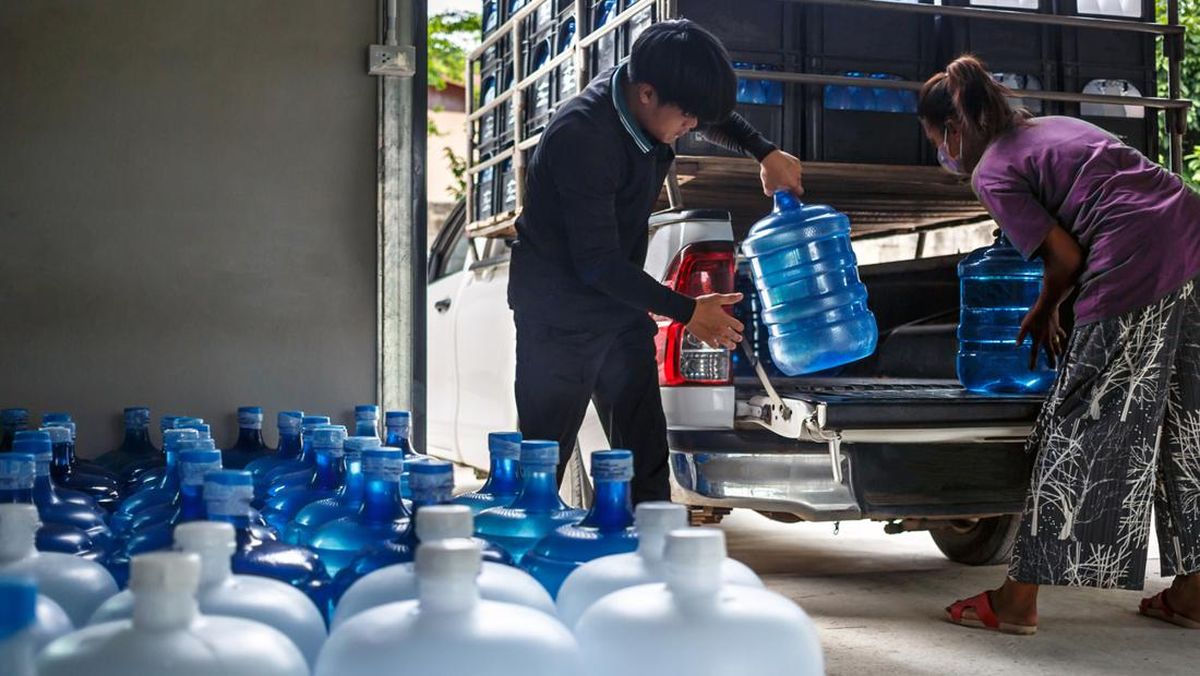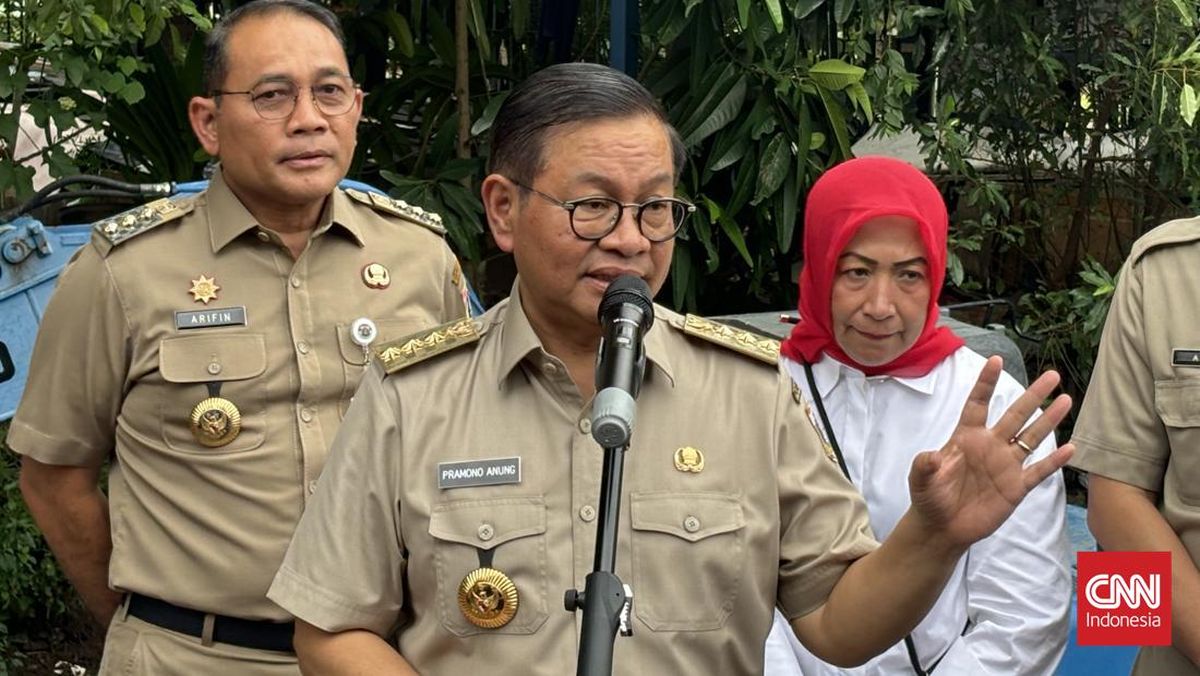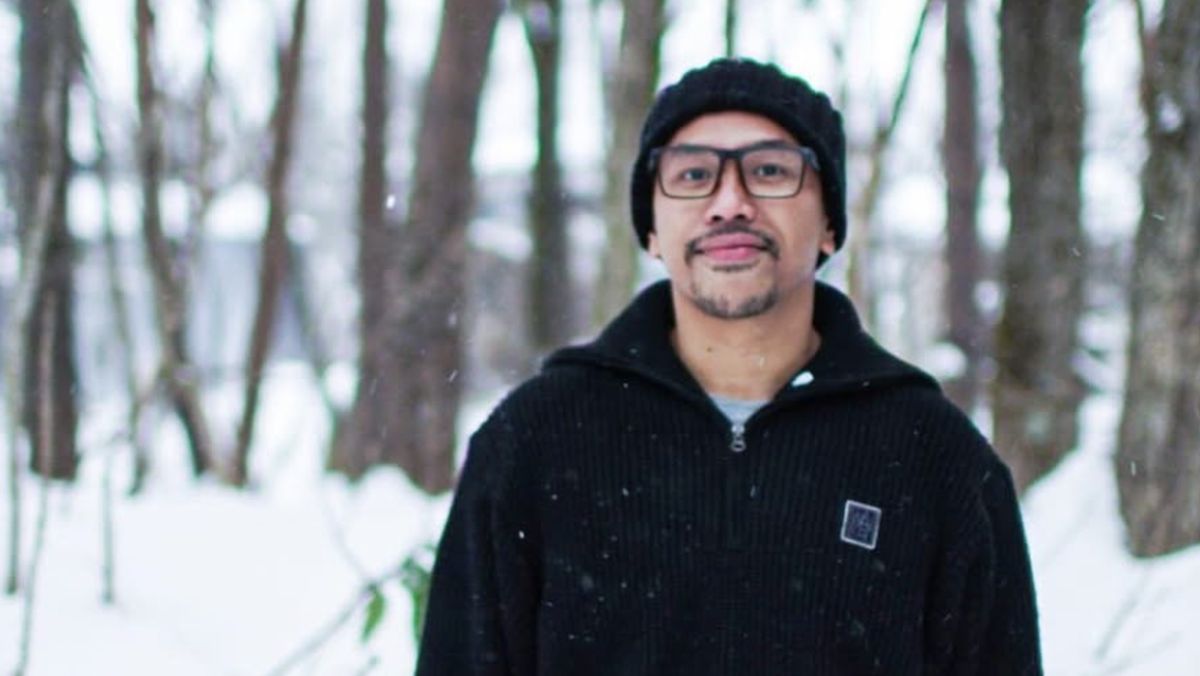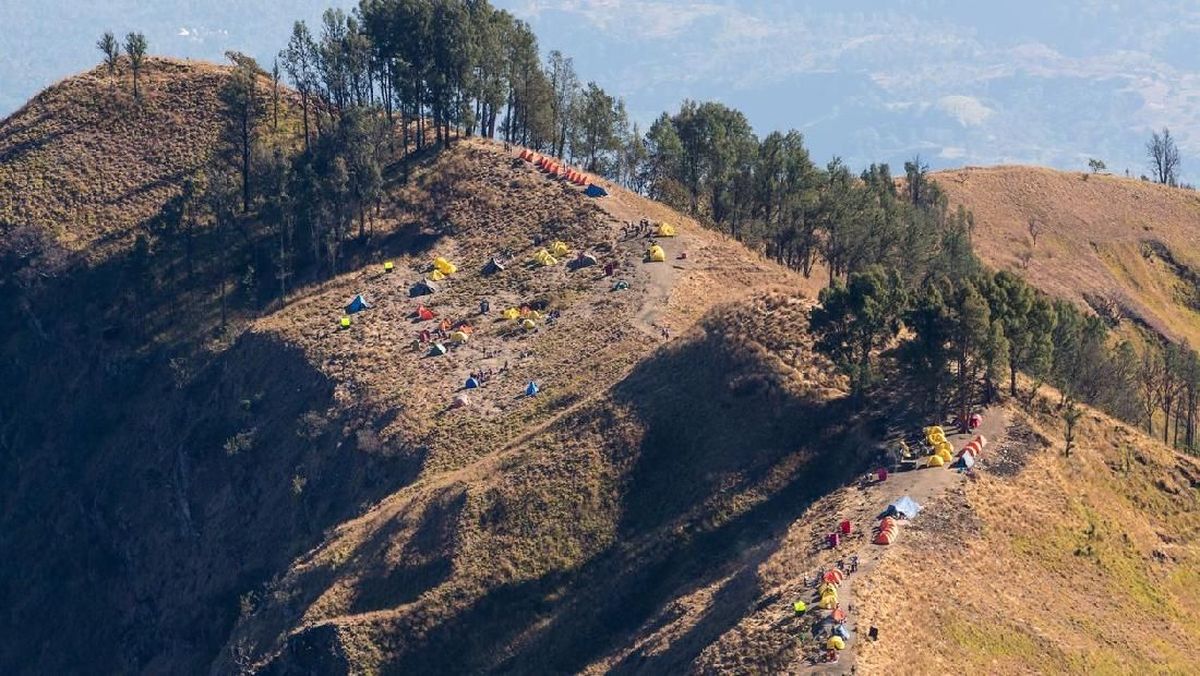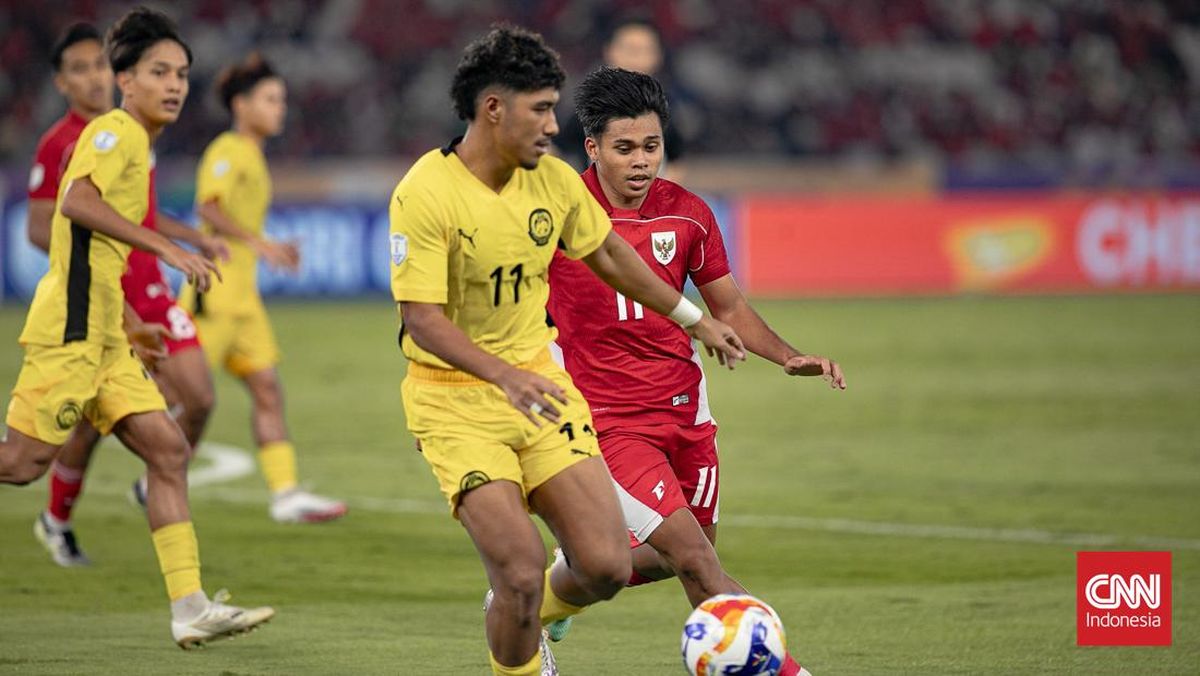In the midst of COVID and not long before the 2022 election, I tuned in half-heartedly to yet another Zoom seminar, something about sustainability in the global tech sector. It actually turned out to be riveting, but the thing I remember most was a throwaway line right at the end by a young speaker from western Sydney called Natasha Abhayawickrama. She was one of the brains behind the nationwide School Strike 4 Climate movement. Answering questions with great maturity from her family kitchen about her passion for climate action, she ended with a quiet aside: “But of course I can’t vote on any of this.”

Lowering the vote to 16 would force politicians to genuinely consider the needs of this ignored generation.Credit: Marija Ercegovac
What? Here was a thoughtful, rational, educated leader, completely across the biggest challenge of our age, yet she could not participate in our election because she would only have been 17 on election day. Really?
Let’s check what Natasha could have done at 17. She could enlist in the army. She could get a job and pay taxes. She could drive a car. She could independently manage her own MyHealth records. She could be charged as an adult with a criminal offence. And, like the then 16-year-old Melbourne climate change activist, Anjali Sharma, she could launch a class action against the federal environment minister for failing to consider the impacts of climate change. Yet for some reason, Australia deemed Natasha incapable of stepping inside a voting booth, picking up the stumpy pencil, and voting for her future.
Australia should follow England’s lead and fix this. There are some, such as British academic and podcaster, Professor David Runciman, who argue the voting age could drop as low as six. Only a crazy brave government would float that one up. Yet surely by election day 2028, Australia should at least drop the voting age to 16 or 17. This is hardly radical. We’d simply be joining England and also Austria, Brazil, Scotland, Cuba, Malta, Ecuador, Germany, Greece, Wales and Indonesia, all of whom have lowered their voting ages across varying levels of government.
A big question concerning lawmakers here in Australia is, would dropping the voting age skew the vote? The common fear is it would favour parties of the left. However, European researchers found voting patterns among 16 and 17-year-olds were unpredictable and poorly studied. But there were evident gender differences. Young women tended to vote progressive on issues such as climate change, gender equality and social justice. Young men were more split, showing greater support than young women for right-leaning, populist parties.

Independent member for Kooyong, Monique Ryan, is planning to introduce a new bill to lower Australia’s voting age.Credit: Dominic Lorrimer
In 1973, prime minister Gough Whitlam lowered the voting age from 21 to 18. Even the Liberal opposition leader at the time, Billy Snedden, admitted that compared to previous generations, young Australians were “better informed, better able to judge, more confident in their judgements, more critical in their appraisals, and on more mature terms with society around them”.
He was speaking then, of course, about the Baby Boomers. While their dominance might be fading, those Boomers swelled the ranks to become Australia’s most feted and entitled generation. Just look at how many policy announcements over many decades were targeted squarely at them. Then try and find something, anything, that addresses in a long-term, concrete fundamental way, the generational inequality faced by young Australians. Rocketing rents and housing prices, precarious employment (not helped by AI), low wages, high HECS debt and, scariest of all, a failing planet they’ll be forced to confront long after the rest of us have departed.
Compared to Gough Whitlam’s 1973, Australia feels like another world. Yet, Billy Snedden’s words could apply just as equally to today’s 16 and 17-year-olds. In their hand sits a tool that, with a swipe, allows them to find an answer to pretty much anything. At no other time in human history have they been more informed, educated and globally connected.
In 2018, the Australian parliament proposed introducing voluntary voting for 16 and 17-year-olds. The bill was referred to a Senate committee which “was not convinced it was warranted” and the plan gently died.
Loading
But not quite.
The independent member for Kooyong, Monique Ryan has just announced she will introduce a bill to Parliament to try once again to give 16 and 17-year-olds the right to vote.
“Early participation in the electoral process has been shown to improve political engagement. Young people can leave school, get a job, and pay taxes. They should have a say in who represents them and their interests in government.”
The sky did not fall in when women and Indigenous people got the vote. There is no competency test to vote at 18, or when you hit doddery old age. Lowering the vote to 16 would force politicians to genuinely consider the needs of this ignored generation. It would finally grant them a voice and our democracy would be the better for it. It’s time.
Vivienne Skinner is a professional fellow at UTS and a former political adviser to the Australian Labor Party.
Get a weekly wrap of views that will challenge, champion and inform your own. Sign up for our Opinion newsletter.
Most Viewed in National
Loading

